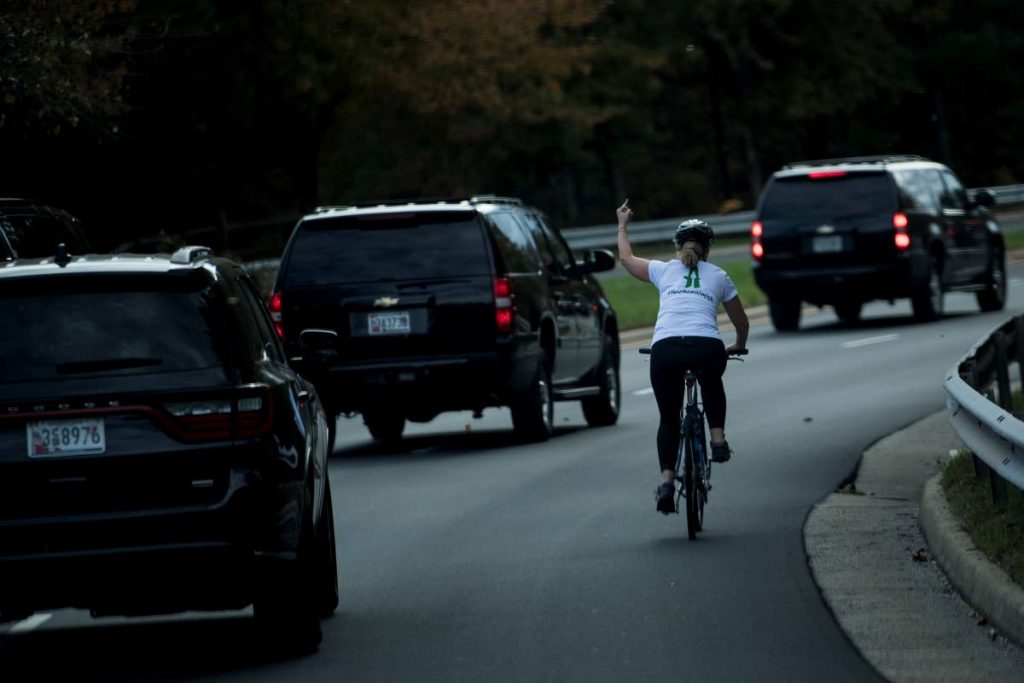Inherent bias and the workplace

Our workplace must reflect what society stands for and what it will not accept and will stand up against. We have seen many US companies firing employees for their public racist behaviours and utterances, even though they were done outside a work-related activity/event.
Many of our citizens, as members of the wider global society, have supported the Black Lives Matter protests against the treatment being meted out against black Americans.
On the other hand, some are offering chastisement of the protests, and offering the alternative All Lives Matter mantra.
There have been calls for boycotting some local businesses as a direct result of the racist undertones of the social media postings by their owners.
We are now seeing an explosion of differing behaviours, especially on social media, such that I have decided to tie it to the workplace. I will examine how the workplace can play its role in society regarding treating unacceptable behaviours, especially racism in general, but more particularly, a worker’s discriminatory public comments.
I have had to recently publicly ask the question whether some public sentiments were simply reflective of tone deafness or whether the authors are inherently racist. Frankly, I was quite taken aback.
Permit me to sidetrack a bit and dedicate two paragraphs to our own history of protest against inequity and demand for change.

In 1962 we gained our independence, which should have caused us to break away from our colonial cultural model.
But that was very slow in changing. Before the Black Power Revolution in 1970, workplace advancement opportunities were at best “whitewashed” and only available for citizens of a certain skin colour. In 1970, whites and off-whites represented 68 per cent of the business executives employing hundreds of workers, while Africans and Indians combined stood at 13 per cent of all business executives.
The problem was that access to education was opening up, but jobs were still inaccessible. The formation of the National Commercial Bank, which opened on July 1, 1970, certainly helped level the play field.
We continued to protest the lingering vestiges of the colonial era. Some still argue that subtle forms of colonialism still exist today, but in the new name of capitalism under the cloak of globalism.
Back to our own workplace today. I am convinced that discrimination, racial bias and nepotism still exist in certain sectors and at certain levels. There are still reports of preferential employment practices and opportunities for upward mobility, based on ethnicity, gender and cliques. However, as I look around, I can identify progress as it relates to the number of people of darker skin tones occupying key positions in corporations.
I think we need to be reminded of the true meaning of the words of our national anthem, “Every creed and race find an equal place” and “with boundless faith in our destiny.” This is intended to assure citizens that our country will afford them the opportunity of freedom and fairness.
Within recent weeks we have been seeing more than usual racist or tone-deaf comments in the public forum. Although we can confirm that support for anti-discrimination is growing, we are still a long way from eradicating it.
So can we protect the workplace against discrimination and racial bias, and those kinds of unacceptable behaviours?
We have the Equal Opportunity Act and the Equal Opportunity Commission to offer some assistance for people who felt they have been discriminated against when accessing education, employment, goods and services and accommodation.
In the workplace, discrimination and bias can also be demonstrated by comments to colleagues and should be reported and dealt with according to best-practice policies and procedures of the particular workplace.
Public disparaging or racist comments in 2020 and beyond must also not be condoned, especially at the leadership level of companies. I have been asked many times for advice on how to treat with workers making disparaging remarks against the company they work for on social media.
I always remind management about a worker’s duty of fidelity, which means to act in good faith towards and be loyal to the company. There must be trust between the worker and employer and the worker must do nothing to bring the company into disrepute while on or off duty.
In the case where a senior-level person in a company brings his/her organisation into disrepute by their public actions or comments, then that person stands as a company’s brand ambassador, though unintended at the time. At that point the company has a right to investigate and treat with the matter accordingly. Not to do so and stay silent is to publicly say you are acquiescent.
In an age where equity, inclusivity and accountability are at the forefront of our expectation of good behaviours, why would you risk your brand’s reputation and align your company with what is deemed as an affront that is targeted to hurt any group? Are they not your customers also?


Comments
"Inherent bias and the workplace"